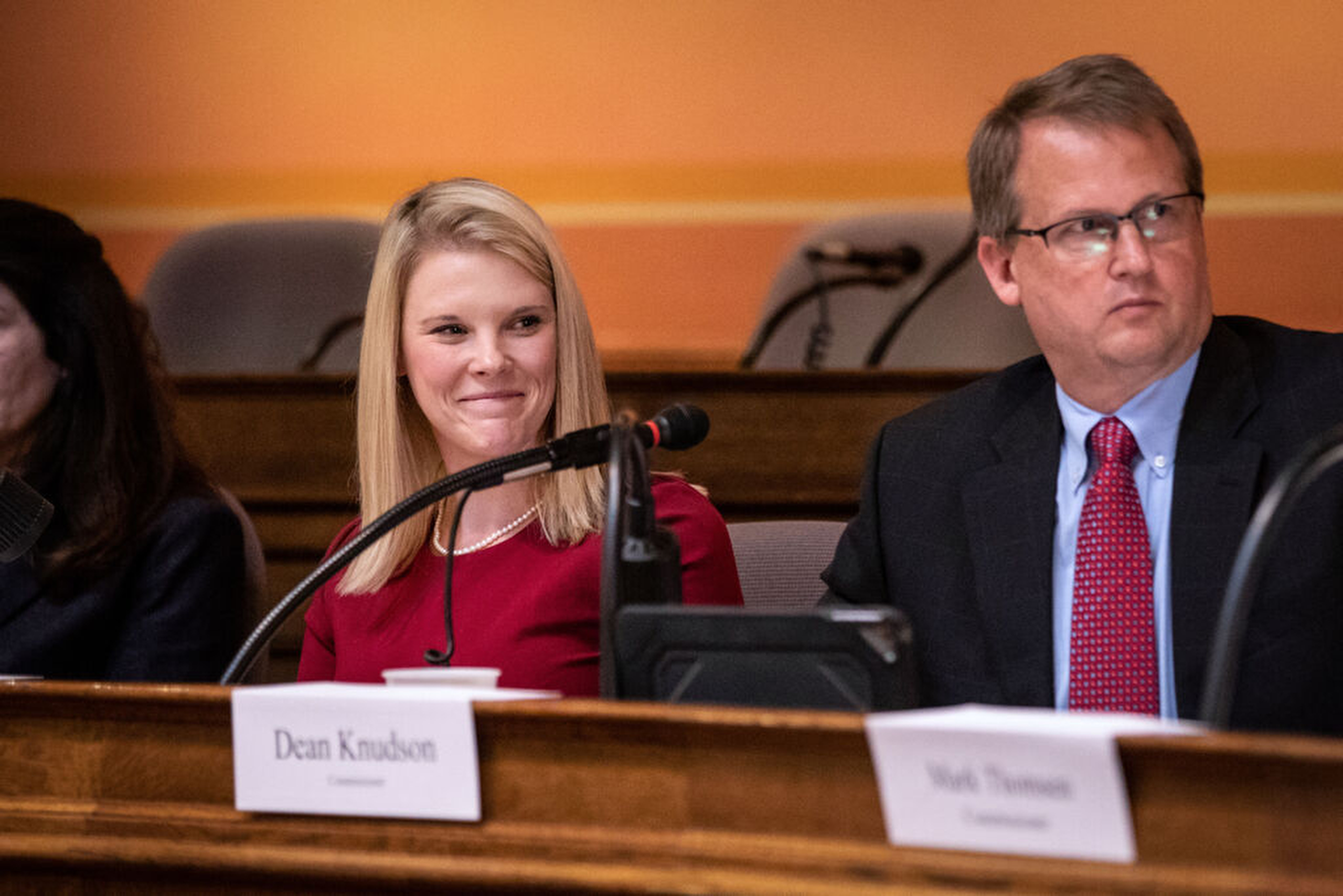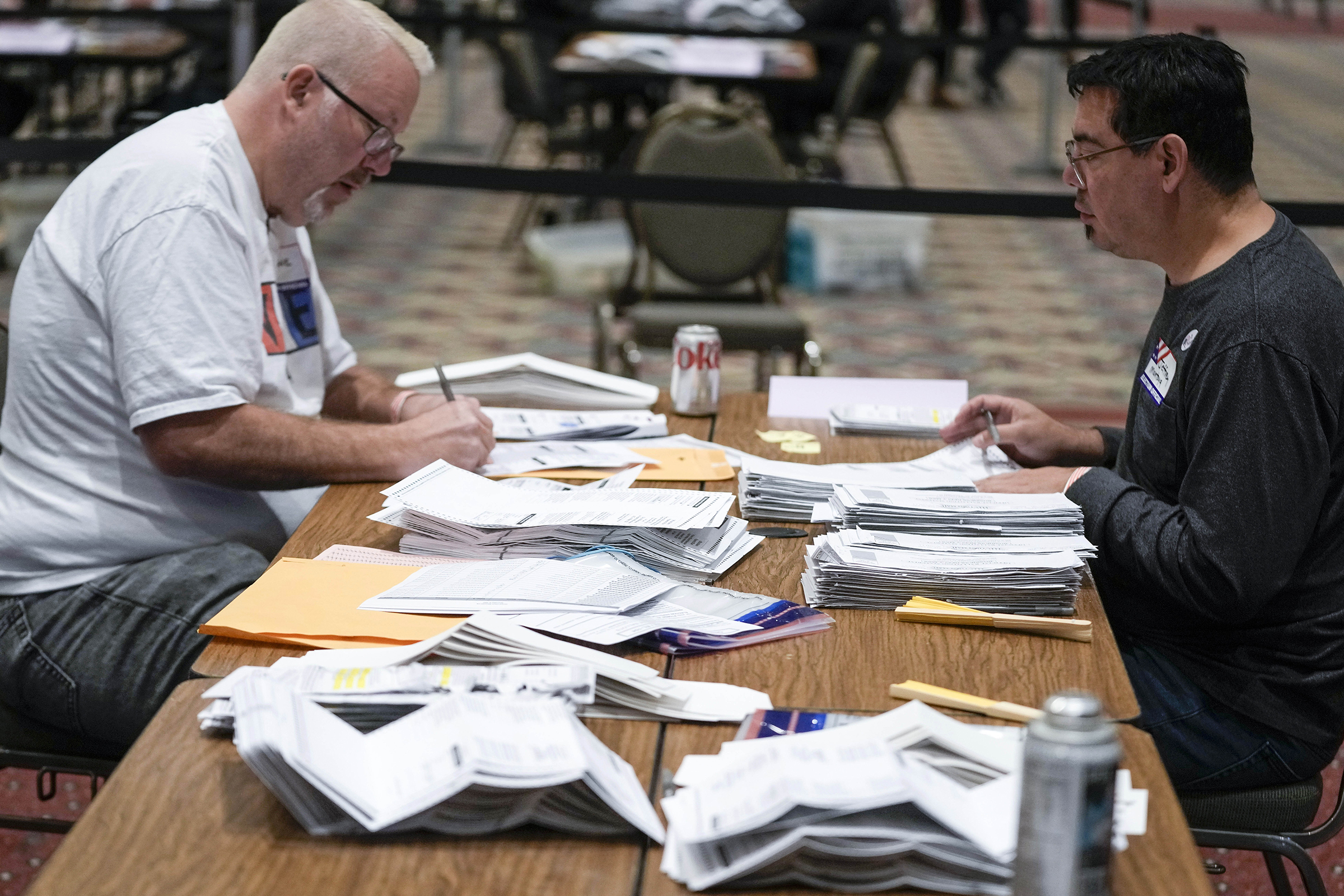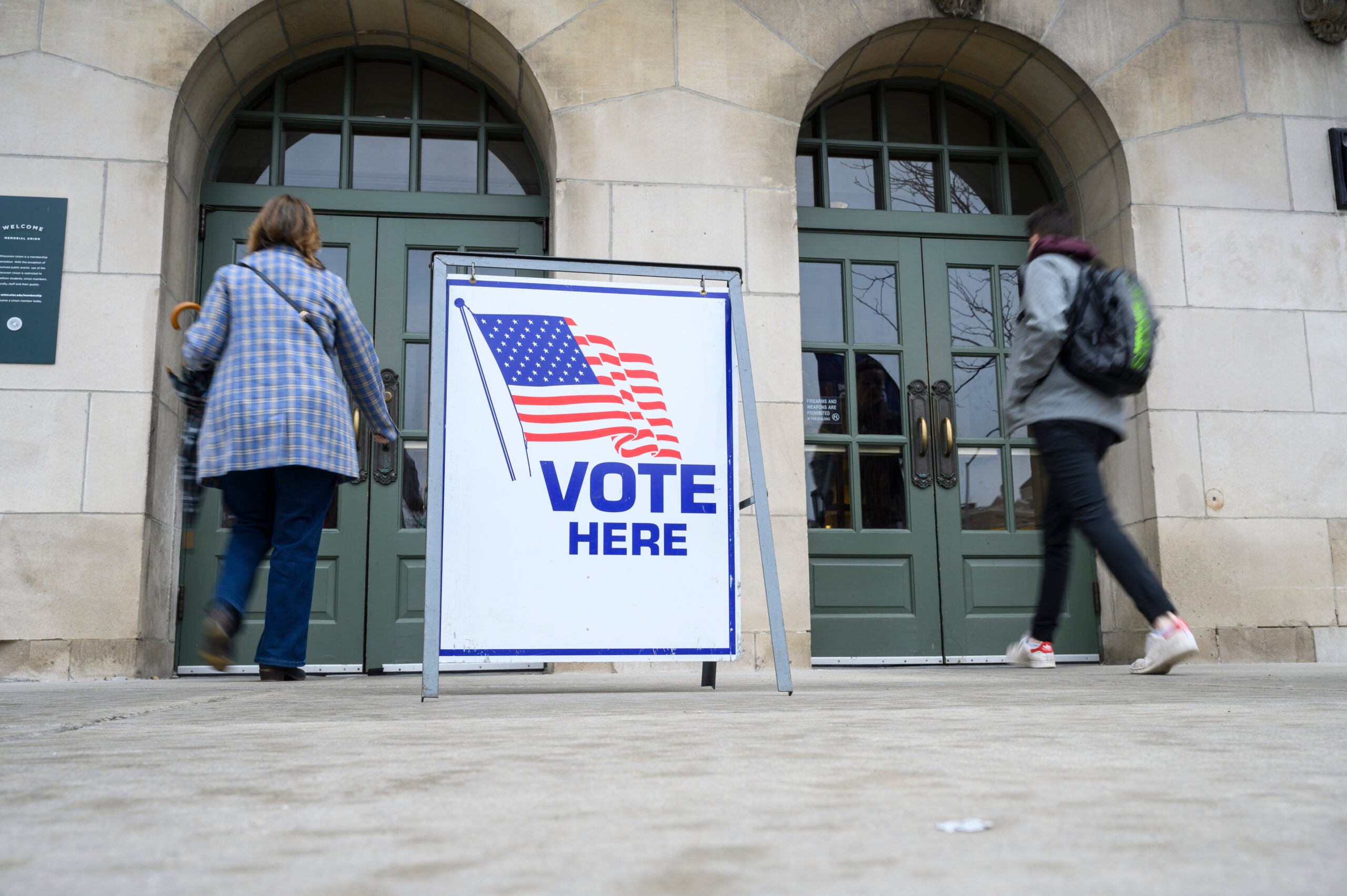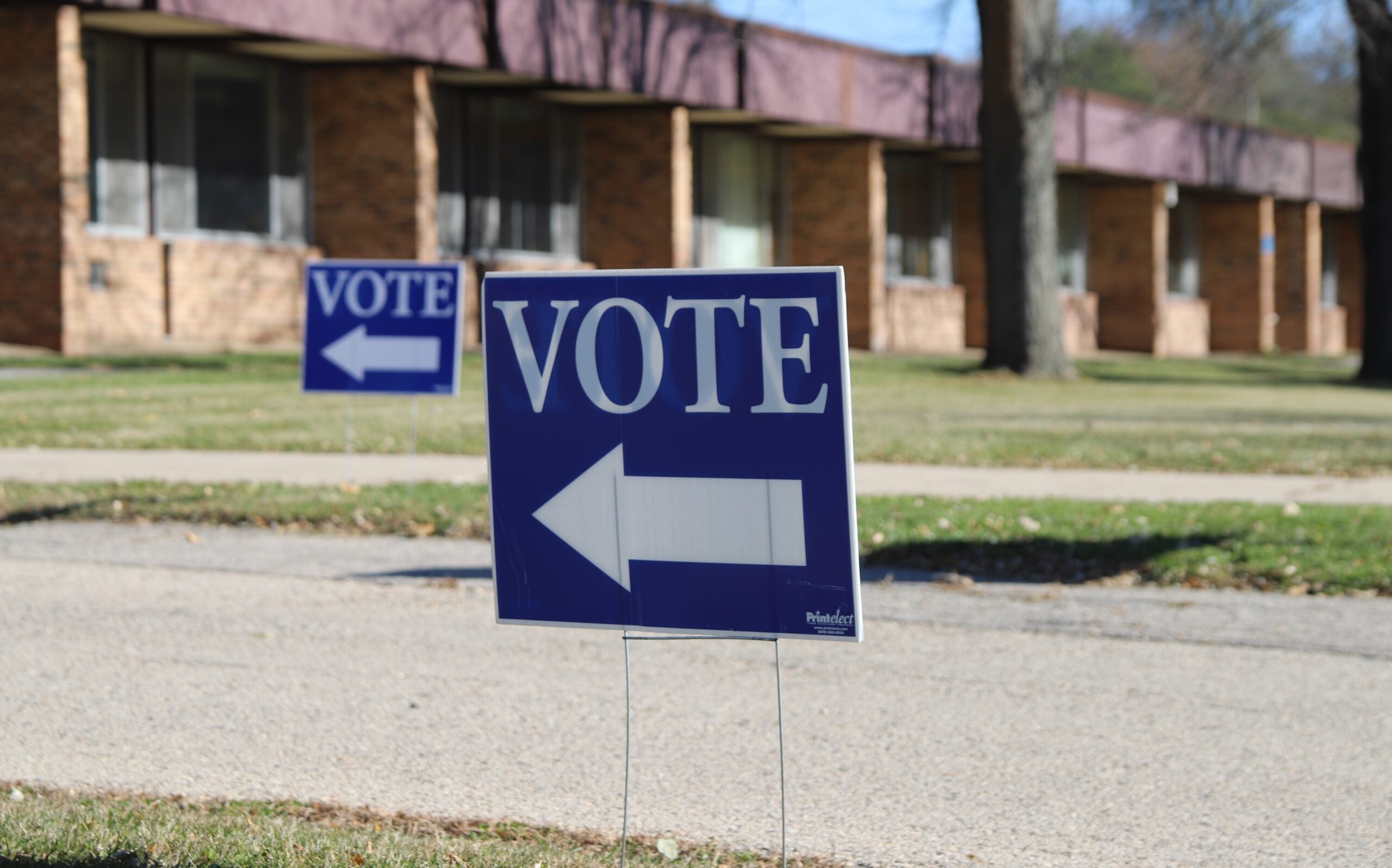Tuesday, Feb. 20, is Wisconsin’s spring primary. This is the primary for local, nonpartisan offices depending on where you live.
This year, to inform WPR’s election coverage, we’re asking readers and listeners to tell us what information you want to know about elections and candidates.
To kick off our 2024 election coverage, “Morning Edition” host Alex Crowe spoke with Wisconsin Elections Commission Administrator Meagan Wolfe about everything voters need to know to cast their ballots.
Stay informed on the latest news
Sign up for WPR’s email newsletter.
This interview has been edited for clarity.
Alex Crowe: The spring primary is not where we’re selecting presidential candidates. So what exactly are people going to be voting on Tuesday?
Meagan Wolfe: Tuesday’s election is the spring nonpartisan primary in Wisconsin. This is where you’re going to select who you want to run in the general election in April for some of your local contest.
So things like your alderperson, your mayor, there may be judges, town board members, county board members — those local races mostly where they’re not affiliated with a partisan party. That’s what the spring elections are typically for.
Tuesday is the primary to decide of those local candidates who will continue to the April ballot.

AC: There are some people who are going to vote no matter what — some people take it as a point of pride. Will all Wisconsinites have elections Tuesday? If so, how can voters find out exactly what’s going to be on their ballot?
MW: Not everyone has a primary Tuesday. As a matter of fact, there are only about 300 primaries that are happening across Wisconsin Tuesday. And Wisconsin has more than 1,850 municipalities, so most people don’t have a primary Tuesday.
You can find out if you do by going to myvote.wi.gov. Then you’re going to enter in your address and it will show you whether or not you have a primary tomorrow. It’ll even show you who’s going to be on your ballot.
AC: The polls are opening up at 7 o’clock. Wisconsin is a state where people can register at the polling place. What does someone need to bring with them if they’re going to be registering at the polling place in order to vote Tuesday?
MW: You’ll need to register if this is your first time voting in Wisconsin. You’ll also need to register if your name or your address has changed.
And in order to do that, first, you’re going to fill out a registration form with your election official at the polls. Then you’re going to need to show them a proof of residence document. This is something with your current name and address on it. It could be something like a utility bill or a bank statement. It can even be your Wisconsin driver license or state ID card, as long as it has your current name and your current address on it.
Also, don’t forget, whether you’re registered to vote or not, everybody needs to bring a photo ID to the polls to vote.

AC: We’ve heard a lot about election security and fairness issues since 2020, especially since former President Donald Trump’s false claims of election fraud. Has the election commission here in Wisconsin issued any new guidance to clerks or done anything that’s focused on increasing security and fairness since then?
MW: The commission meets on a regular basis to review processes, review court rulings and to put out additional information to implement those court rulings. And so they’ve continued to do that. That being said, there haven’t been any huge changes that have been implemented.
But there are certainly some things that the commission has done, like new certificate envelopes for absentee voting that have gone through a thorough statutory review. Also ensuring that those certificates meet the implementation standards for recent litigation, and just making sure that they’re more usable so that voters and witnesses are sure to provide the information that’s required so their ballots can be counted.
And what the commission is doing and what the commission has done in the previous election, is just ensuring that people know how to engage with the election process and that people know that you can observe any part of the election process, and making sure that those opportunities are publicized.
Whether you want to be a part of the tests that happened of the voting equipment before Election Day, or part of the audits that happen after Election Day, or part of watching the process as absentee ballots are counted at your polling place on Election Day — all those things are publicly observable.
The commission continues to encourage people to engage with the election process and see firsthand for yourselves how securely Wisconsin elections are run.
WPR has gathered all of the information you need about voting in Wisconsin here.
Wisconsin Public Radio, © Copyright 2025, Board of Regents of the University of Wisconsin System and Wisconsin Educational Communications Board.





